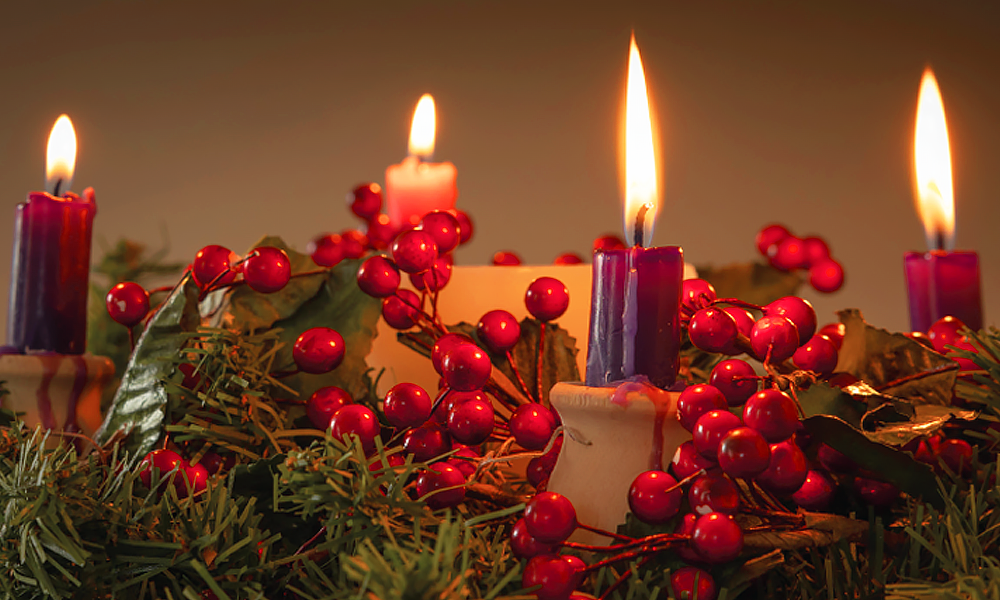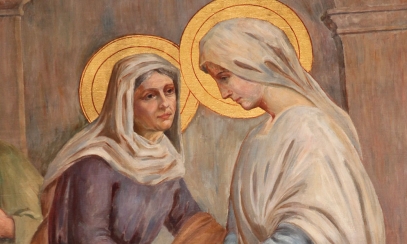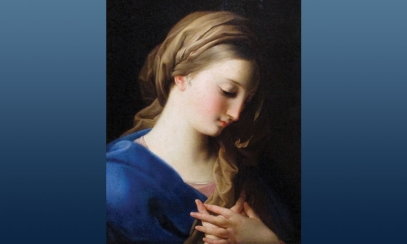
How Did Advent Come to Be on the Church Calendar?
The word “Advent” derives from the Latin adventus, meaning “coming.” During Advent, we await the anniversary of Jesus’ coming in human flesh as a baby born to Mary. We also wait vigilantly for the second coming of Christ, who could arrive at our doorstep at any moment. Because we “do not know when the lord of the house is coming,” we are asked to stay awake and alert spiritually. (Mk 13:35)
Advent helps us “prepare the way.” (Is 40:3)
The word “Advent” derives from the Latin adventus, meaning “coming.” During Advent, we await the anniversary of Jesus’ coming in human flesh as a baby born to Mary. We also wait vigilantly for the second coming of Christ, who could arrive at our doorstep at any moment. Because we “do not know when the lord of the house is coming,” we are asked to stay awake and alert spiritually. (Mk 13:35)
Advent helps us “prepare the way.” (Is 40:3)
Advent is an official part of our Church calendar, but this was not always the case, and its origin is somewhat murky. Advent began in France as a spiritual preparation for Epiphany, when many converts to Catholicism were baptized. It resembled Lent by involving fasting and prayer for 40 days, which may explain why Advent is often called “little Lent” (and why three candles are purple).
This practice spread throughout parts of Europe. In the 400s, Pope St. Gelasius established special Advent liturgies, and in the late 500s, Pope St. Gregory I expanded them to include prayers and antiphons. Finally, in the ninth century, the Church formally recognized Advent as the four Sundays before Christmas, with the first Sunday marking the beginning of the Church calendar.
To mark Advent, we light candles to remind us of the light of Christ dispelling the darkness of sin and death. They are placed in a wreath because the unbroken circle symbolizes eternal life with God. The third candle is pink in honor of Gaudete Sunday, when we celebrate with great joy the nearing of Christ’s birth and our salvation.
We can bring the richness of Advent into our own homes by placing a wreath in a place the family can gather and pray, such as on our dining tables or in our living room. If we can’t find a ready-made Advent wreath, we can buy colored candles separately and set them within a live pine wreath from a Christmas tree seller.
Each Sunday, we can light the appropriate candles and read aloud the Mass readings. We can think and pray on what God is trying to tell us through Scripture. In the week leading up to Christmas, we can light the Advent wreath as we pray the O Antiphons each evening.
Bringing the light of Advent into our homes will not only get us excited for Christmas but remind us to stay spiritually awake at all times, even as we wait.
Veronica Szczygiel, Ph.D., is the assistant director of online learning at Fordham University’s Graduate School of Education



